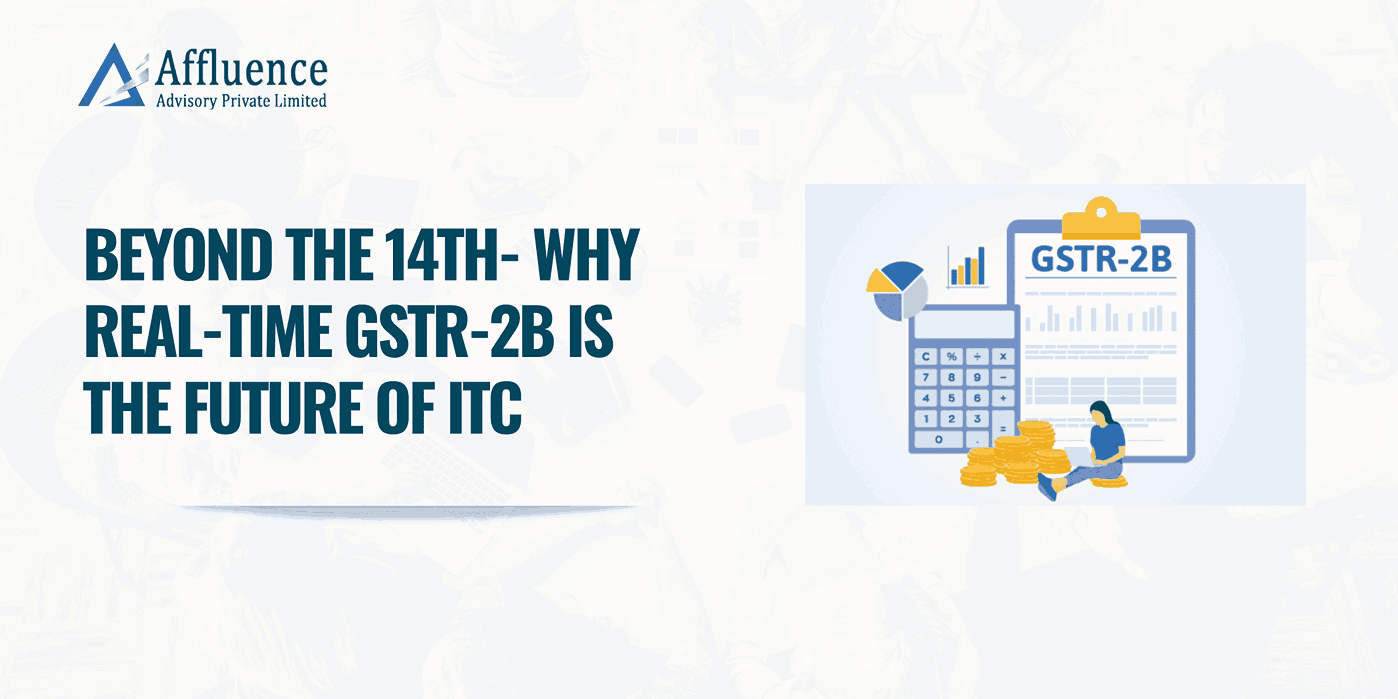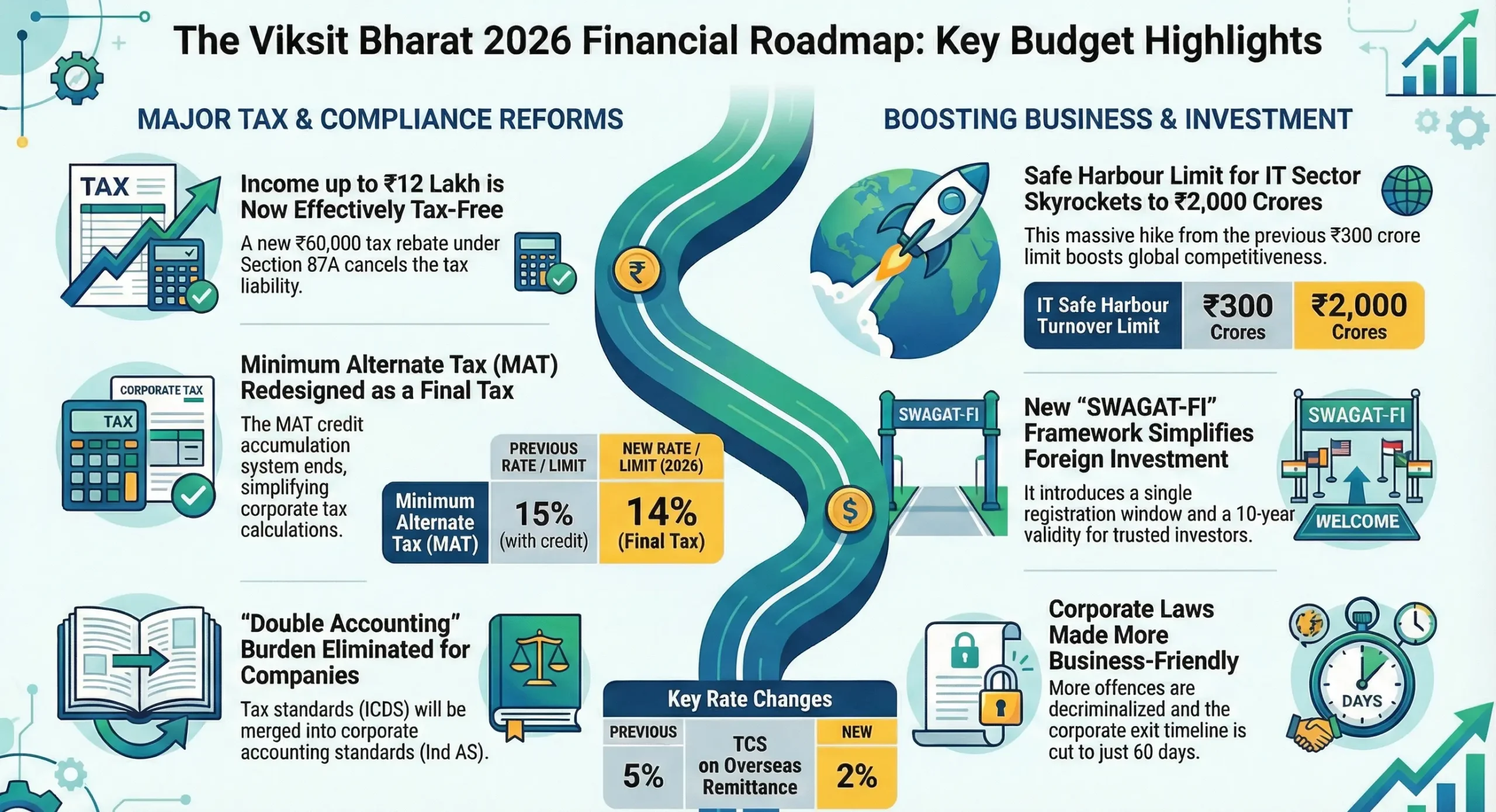Introduction: Strengthening the Foundations of Market Integrity
The integrity of a securities market hinges critically on the principle of fair play and equal access to information. Insider trading, the practice of trading in securities based on Unpublished Price Sensitive Information (UPSI), fundamentally erodes this principle, undermining investor confidence and distorting market dynamics. Recognizing its detrimental impact, the Securities and Exchange Board of India (SEBI) has, over the years, progressively fortified its regulatory framework against this insidious practice. From the nascent SEBI (Insider Trading) Regulations, 1992, to the more robust SEBI (Prohibition of Insider Trading) Regulations, 2015 (PIT Regulations), and their subsequent amendments, SEBI has consistently adapted its approach to combat the evolving methods of insider trading.
For Company Secretaries and Senior Management Personnel of listed entities, understanding and implementing PIT Regulations is not merely a compliance formality but an important aspect of risk management. The recent amendments to the PIT Regulations signifies SEBI’s intensified commitment to creating a more transparent and equitable market.
This article aims to demystify these critical changes, dissect their implications, and provide actionable insights for listed entities and their key personnel, empowering them to navigate this broadened regulatory landscape with confidence.
The Genesis of Recent Amendments: Why the Change?
SEBI’s regulatory actions are typically a response to market developments, observations of non-compliance, judicial pronouncements, and the continuous quest to align Indian regulations with global best practices. The recent amendments to the PIT Regulations are a testament to this proactive and adaptive approach. SEBI adopts a consultative approach for amendment to all its regulations.
Key Recent Amendments to SEBI PIT Regulations: A Detailed Breakdown
The period from late 2024 to early 2025 has witnessed significant modifications to the PIT Regulations. Understanding the nuances of these changes is paramount for Company Secretaries and senior management.
- SEBI (Prohibition of Insider Trading) (Amendment) Regulations, 2025 (Effective June 9, 2025)
This amendment primarily focuses on broadening the scope of what constitutes UPSI, leaving less room for ambiguity and potential circumvention.
- Broadening the Definition of UPSI: This is perhaps the most impactful change. UPSI traditionally included information relating to financial results, dividends, change in capital structure, mergers, demergers, acquisitions, delistings, disposals, and expansion of business. The 2025 amendment significantly expands this list to include:
- Award or termination of orders/contracts not in the ordinary course of business: This is critical for companies heavily reliant on large projects or contracts. Any significant non-routine contract award or termination can now be UPSI
- Changes in Key Managerial Personnel (KMP) (other than superannuation or end of term): The departure or appointment of a KMP (e.g., CEO, CFO, Company Secretary) due to reasons other than their natural retirement or end of tenure is now considered UPSI. This recognizes the material impact such changes can have on a company’s prospects.
- Resignation of Statutory Auditor or Secretarial Auditor: The resignation of an auditor, especially if unexpected, often signals underlying issues. SEBI now explicitly categorizes this as UPSI.
- Inclusion of certain events from Regulation 30 of LODR Regulations: This is a crucial alignment. Many events already mandatorily disclosed under Regulation 30 of the SEBI (Listing Obligations and Disclosure Requirements) Regulations, 2015, are now explicitly defined as UPSI. This includes:
- Change in credit ratings.
- Fund-raising activities (e.g., QIP, rights issue, preferential allotment).
- Agreements impacting management or control (e.g., shareholder agreements, joint venture agreements).
- Any fraud or default by the company, promoter, director, KMP, or subsidiary.
- Arrest of the company’s directors, KMP, or promoter.
- Admission of winding-up petitions or Corporate Insolvency Resolution Process (CIRP) applications.
- Initiation of forensic audit.
- Any action by regulatory, statutory, enforcement authority, or judicial body against the company, directors, KMP, promoter, or subsidiary, if material.
- Outcome of litigation or dispute that could have a significant financial or operational impact.
- Giving of guarantees or indemnity not in the normal course of business.
- Changes in regulatory approvals or licenses.
- Implication: Prior to bringing this amendment SEBI had brought out a consultation paper on revising definition of UPSI[1]. SEBI had proposed to review the definition of UPSI because market participants were not considering certain information or events as disclosed to market under regulation 30 as UPSI as they were not appearing in the definition of UPSI under PIT Regulations. In a recent case SEBI found that company did not consider launching of a new product as UPSI as revenue generation from that product was not much[2]. Further there have been cases where company have not considered receipt of large order as UPSI.[3] Considering this SEBI has broadened the net considerably of identification of UPSI. SEBI then approved identification of certain events or information disclosed to stock exchange as UPSI. Now compliance officers under PIT Regulations must conduct a thorough review of their UPSI identification matrix and ensure that all internal stakeholders are educated on these expanded categories. What might have been considered routine disclosure earlier, now carries the additional weight of being UPSI.
- Structured Digital Database (SDD) flexibility for external UPSI: The regulations now allow companies to enter information emanating from outside the company into the SDD within two days of receipt. This provides a practical window for incorporating external events that become UPSI. SEBI has relaxed this provision in order to bring ease in compliance with PIT Regulations. It sometimes so happen that on occurrence of an external event it is necessary to cater to immediate actionable due to that event. Hence there are delays in making entry. Considering this SEBI has now relaxed this provision.
- Relaxation of Trading Window Closure for external UPSI: A welcome practical adjustment is that the trading window may not need to be closed for UPSI that does not originate from within the company. This aims to prevent unnecessary trading halts for information that the company merely receives rather than generates. However, careful discretion is still required to ensure compliance.
- SEBI (Prohibition of Insider Trading) (Third Amendment) Regulations, 2024 (Effective December 6, 2024)
This amendment significantly widens the definition of “connected persons” and “relatives,” introducing a strong rebuttable presumption that places a greater onus on the alleged insider.
- Expanded Definition of “Connected Persons” and “Relatives”:
- “Relatives”: The definition of “relatives” has moved beyond “immediate relatives” to align with the broader definition under the Income Tax Act, 1961. This now includes:
- Spouse
- Parents (father, mother)
- Parents-in-law (father-in-law, mother-in-law)
- Siblings (brother, sister)
- Spouse’s siblings (brother-in-law, sister-in-law)
- Children (son, daughter)
- Spouse’s children (step-son, step-daughter)
- Siblings’ spouses (brother’s wife, sister’s husband)
- Spouse’s siblings’ spouses (brother-in-law’s wife, sister-in-law’s husband).
- Inclusion of Household Members: Individuals sharing a household or residence with a connected person are now deemed to be connected persons. This targets informal networks and arrangements.
- Firms/Partners/Employees: Firms or their partners/employees where a connected person is a partner are now deemed connected. This extends the regulatory reach to professional relationships that might involve access to UPSI.
- Implication: This significantly broadens the circle of individuals presumed to have access to UPSI. Compliance officers do not have immediate actionable pursuant to this amendment. The burden of educating DPs about their responsibilities regarding their wider circle of family and household members is now substantial.
- Rebuttable Presumption: Expanded definition of Connected Person is a rebuttable presumption. It means if SEBI alleges that a connected person (and their defined relatives) had UPSI then they will be given an opportunity to rebut the same that they were not in possession of, or had access to UPSI. This effectively shifts the burden of proof. Now, once SEBI demonstrates that a person is “connected” and there was UPSI, the onus falls on that person to prove they did not possess or have access to the UPSI, or that the information was “generally available.”
- SEBI (Prohibition of Insider Trading) (Second Amendment) Regulations, 2024 (Effective September 24, 2024, regarding Trading Plans)
Trading plans, designed to provide a legitimate window for insiders to trade without violating insider trading norms, have also seen significant revisions aimed at making them more practical and effective.
- Shorter Cool-off Period for Trading Plans: The mandatory cool-off period between the submission/approval of a trading plan and its commencement has been reduced from six months to 120 calendar days. This offers insiders more flexibility.
- Elimination of Minimum Coverage Period: The previous mandatory 12-month minimum for trading plans has been removed. This allows for shorter-term planning, which might be more practical for some individuals.
- Elimination of Blackout Period: Trades executed under an approved trading plan are now explicitly exempt from the trading window closure norms. This means that once a plan is approved, trades can occur even when the trading window for other insiders is closed, provided the plan was established when the insider was not in possession of UPSI.
- Introduction of Price Limit Option: Insiders can now specify upper and lower price limits for buy or sell trades within their trading plan. This adds a layer of sophistication, allowing for better execution strategies. However, there’s a clear provision for non-execution if the price falls outside these limits.
- Exceptions for Non-Implementation: The regulations now explicitly allow for non-implementation of a trading plan under certain circumstances, including:
- Permanent incapacity of the insider.
- Bankruptcy of the insider.
- Operation of law (e.g., court order).
- If the actual price falls outside the specified price limits.
- If there is inadequate liquidity in the market to execute the trade as per the plan.
- Implication: This provides much-needed flexibility, acknowledging that unforeseen circumstances can arise. However, the onus remains on the insider to demonstrate the legitimacy of non-implementation.
- Timelines for Compliance Officer: The Compliance Officer (CO) is now mandated to approve or reject a trading plan within two trading days of submission and to notify stock exchanges on the day of approval. This streamlines the process.
- Contra Trades: The amendments clarify that contra trades (opposite transactions within six months) are no longer allowed under approved trading plans. Furthermore, a mandatory six-month restriction applies for other trades outside the approved trading plan, unless specific exceptions apply.
- Making mandatory PAN freezing applicable to immediate relatives of designated persons: SEBI had made mandatory PAN freezing applicable to designated persons of all listed entities during the period of financial results. It meant that designated persons cannot trade in shares/securities for which they are in possession of UPSI. Their PAN would get freezed for that stock and they would not be able to trade in that stock. This lead to curb in insider trading instances during window closure period bringing relief to many. Now SEBI has extended this facility of PAN freezing to immediate relatives of designated persons with effect from July 1, 2025 for top 500 companies and for rest of the listed entities from October 1, 2025[4].
Relevant Case Laws and Their Impact: Learning from Precedents
While regulations evolve, judicial pronouncements offer crucial insights into their interpretation and application. These cases often highlight the practical challenges and nuances of insider trading enforcement.
- Future Corporate Resources Pvt. Ltd. v. SEBI (SAT, February 2024): The “Generally Available Information” Conundrum
- Context: This case was pivotal in clarifying what constitutes “generally available information” (GAI), which is excluded from the definition of UPSI. SEBI had earlier held that information was UPSI if not available on the stock exchange website.
- SAT’s Ruling: The Securities Appellate Tribunal (SAT) held that information widely reported in the media, even if not uploaded on stock exchange websites, could be considered “generally available information.” The Tribunal emphasized that the purpose of GAI is to ensure that information is accessible to the public on a non-discriminatory basis, and this can happen through various channels beyond stock exchanges.
- Implication for Entities: This ruling is a significant relief, providing a more practical interpretation. However, Company Secretaries must still ensure that genuinely price-sensitive information is disseminated quickly and broadly through official channels to avoid any ambiguity regarding its “general availability.” It reinforces the importance of timely and comprehensive disclosures.
- SEBI v. Abhijit Rajan (Supreme Court, September 2022): The Importance of Motive
- Context: While this Supreme Court judgment predates the very latest amendments, its principle remains highly relevant, especially in light of the “rebuttable presumption” introduced for connected persons. The case involved an alleged insider trading violation where a person was in possession of UPSI but executed trades that resulted in losses.
- Supreme Court’s Ruling: The Apex Court emphasized that for an insider trading charge to stick, motive (to seek profits or avoid losses) is an essential precondition. It highlighted that merely being in possession of UPSI is not enough; there must be a demonstration of intent to profit from it.
- Implication for Entities: This creates an interesting dynamic with the new rebuttable presumption for connected persons. While the burden of proof shifts to the connected person to show they did not have UPSI, the Supreme Court’s ruling suggests that SEBI might still need to establish motive if it reaches the stage of adjudication. This offers a potential line of defense for alleged insiders, but the initial hurdle of rebutting the presumption remains. For Company Secretaries, this reinforces the need for clear internal policies on ethical conduct and discouraging even the appearance of impropriety.
- The Deep Industries Case (SAT): Challenging Informal Connections
- Context: While specific details of the latest SAT order in this particular case aren’t broadly disseminated, older similar cases illustrate the challenges SEBI faced in establishing “connected person” status based on informal interactions, such as social media connections or sporadic meetings. SEBI often attempted to draw inferences of UPSI sharing based on such loose associations.
- SAT’s Stance (in similar past cases): SAT often required stronger evidence to prove that a casual interaction translated into access to or sharing of UPSI, emphasizing that mere acquaintance was insufficient.
- Implication of New Amendments: The new, broader definition of “connected persons,” especially the inclusion of “household members” and the extended definition of “relatives,” directly addresses the difficulties SEBI faced in such cases. The rebuttable presumption further strengthens SEBI’s hand. It signals a shift from proving the actual sharing of information to assuming access based on the defined relationship, placing the onus on the individual to disprove it. This dramatically expands the regulatory net beyond traditional direct relationships.
Implications and Actionable for Listed Entities
The recent amendments necessitate a proactive and comprehensive review of existing compliance frameworks. Company Secretaries and Senior Management personnel play a pivotal role in ensuring that their respective entities remain compliant.
For Company Secretaries & Compliance Officers:
- Review and Update Internal Code of Conduct:
- The Code of Conduct for Prevention of Insider Trading must be immediately updated to reflect the expanded definitions of UPSI, “connected persons,” and “relatives.”
- Clearly articulate the implications of the rebuttable presumption for connected persons.
- Revise guidelines on trading plans to reflect the new cool-off periods, price limits, and exceptions.
- Ensure the process for obtaining pre-clearance and reporting trades is aligned with the expanded scope.
- Enhance Structured Digital Database (SDD) Management:
- Revisit procedures for entering UPSI into the SDD, particularly regarding externally sourced information.
- Ensure the SDD accurately captures all individuals with whom UPSI has been shared, noting the nature of the UPSI and the rationale for sharing.
- Implement robust audit trails and access controls for the SDD.
For Senior Management Personnel:
- Understand Expanded UPSI and “Connected Persons”:
- As recipients and creators of UPSI, it is imperative to deeply understand the expanded definition of UPSI and the potential impact of even seemingly minor events on the company’s stock price.
- Recognize that your extended network of “relatives” and even “household members” are now under the direct scrutiny of the regulations.
- Prudent Use of Trading Plans:
- Utilize trading plans as a legitimate and compliant mechanism for trading in company shares.
- Plan your trades carefully, considering the new flexibilities and constraints of the revised framework.
- Do not view trading plans as a loophole but as a structured approach to avoid potential insider trading violations.
Conclusion: Strengthening Market Integrity
SEBI’s recent amendments to the Prohibition of Insider Trading Regulations represent a significant tightening of the regulatory screws. By broadening the definitions of UPSI, “connected persons,” and “relatives,” and by introducing the rebuttable presumption, SEBI has made it clearer that ignorance or indirect involvement will not be a viable defense against insider trading charges.
For Company Secretaries and Senior Management Personnel, these changes underscore the paramount importance of robust internal controls, comprehensive training, and an unwavering commitment to ethical conduct. The goal is to build an impregnable wall against the misuse of privileged information. By proactively adapting to this evolving framework, listed entities can not only ensure compliance but also reinforce investor trust and contribute to a healthier, more transparent Indian securities market. The expanded net signals SEBI’s resolve; it is now incumbent upon every listed entity to step up its vigilance and governance to match this heightened regulatory intensity.
Disclaimer: This article provides general information existing at the time of preparation and we take no responsibility to update it with the subsequent changes in the law. The article is intended as a news update and Affluence Advisory neither assumes nor accepts any responsibility for any loss arising to any person acting or refraining from acting as a result of any material contained in this article. It is recommended that professional advice be taken based on specific facts and circumstances. This article does not substitute the need to refer to the original pronouncement.
CLICK HERE DOWNLOAD PDF









